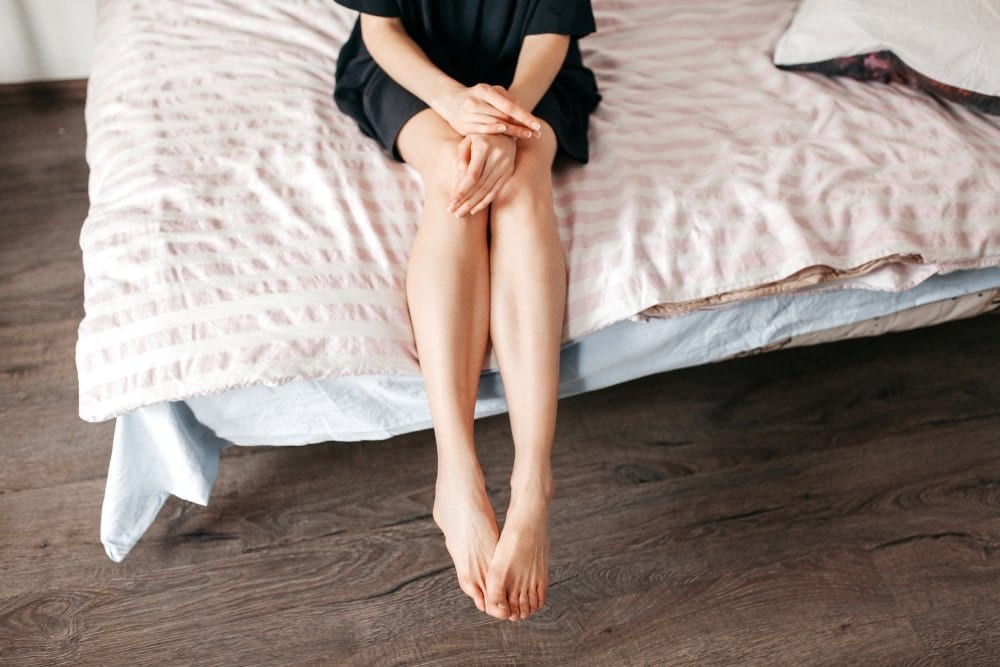
This article first appeared in the Winter 2019 issue of NewBeauty. Click here to subscribe.
Menopause largely impacts our sex organs and sexuality, resulting in a variety of urogenital symptoms that affect nearly 60 percent of women, according to the National Center for Biotechnology Information (NCBI). “The decrease in estrogen, testosterone and progesterone can cause stress urinary incontinence and a decrease in libido,” says Duxbury, MA plastic surgeon Christine Hamori, MD. “Internally, the vaginal wall becomes significantly drier and thinner due to a loss of collagen and elastin, which can cause women to experience pain during sex and result in a loss of intimacy and self-esteem.”
Mary Jane Minkin, MD, obgyn and clinical professor of obstetrics at Yale School of Medicine, notes that vaginal dryness tends to occur as one gets further into menopause—“hot flashes tend to get better, vaginal dryness gets worse,” so she recommends a moisturizer like Replens, which is available over the counter. Louisville, KY obgyn Rebecca Booth, MD adds that, although OTC options are effective, she explains to patients that “lubrication may help women feel more slippery, but only estrogen inspires elasticity. Therefore, a topical estrogen cream might be a better solution, but it does a require a prescription.”
An at-home device called vFit ($495) also works to relieve dryness by emitting LED light and heat to internal tissue, which encourages blood flow and aids in natural lubrication.
POWER PLAY
To help tackle these issues and enhance sexual well-being for menopausal women, medical companies have created laser and radio-frequency (RF) devices—based on the science behind existing tightening and resurfacing technologies for the face and body—which are administered by gynecologists, dermatologists and plastic surgeons. If the concern is stress urinary incontinence (when you sneeze and a little urine leaks out), Viveve, ThermiVa, Votiva, FormaV and Emsella (electromagnetic energy) can strengthen the pelvic floor, “but they don’t actually tighten the vagina,” says Dr. Hamori. “Vaginal dryness can be reduced with erbium and CO2 laser devices such as Diva, MonaLisa Touch and CO2RE Intima.”
Last year, despite physicians’ advocacy for the devices and heartfelt patient testimonials, the FDA served several manufacturers a warning to revise their claims, which were misleading consumers. The FDA also voiced concerns that the treatments “have serious risks,” but New York plastic surgeon B. Aviva Preminger, MD says that available literature does not demonstrate evidence that these devices are unsafe. “Since the FDA’s warning, the companies involved have adjusted their language accordingly regarding indications for these types of procedures,” she adds. “For example, changing vaginal ‘rejuvenation’ to ‘restoration.’ However, we still need more long-term studies to compare devices and determine their efficacy.” Dr. Hamori says few untoward side effects have been found when the devices are used by trained professionals on appropriate patients.
This content was originally published here.







